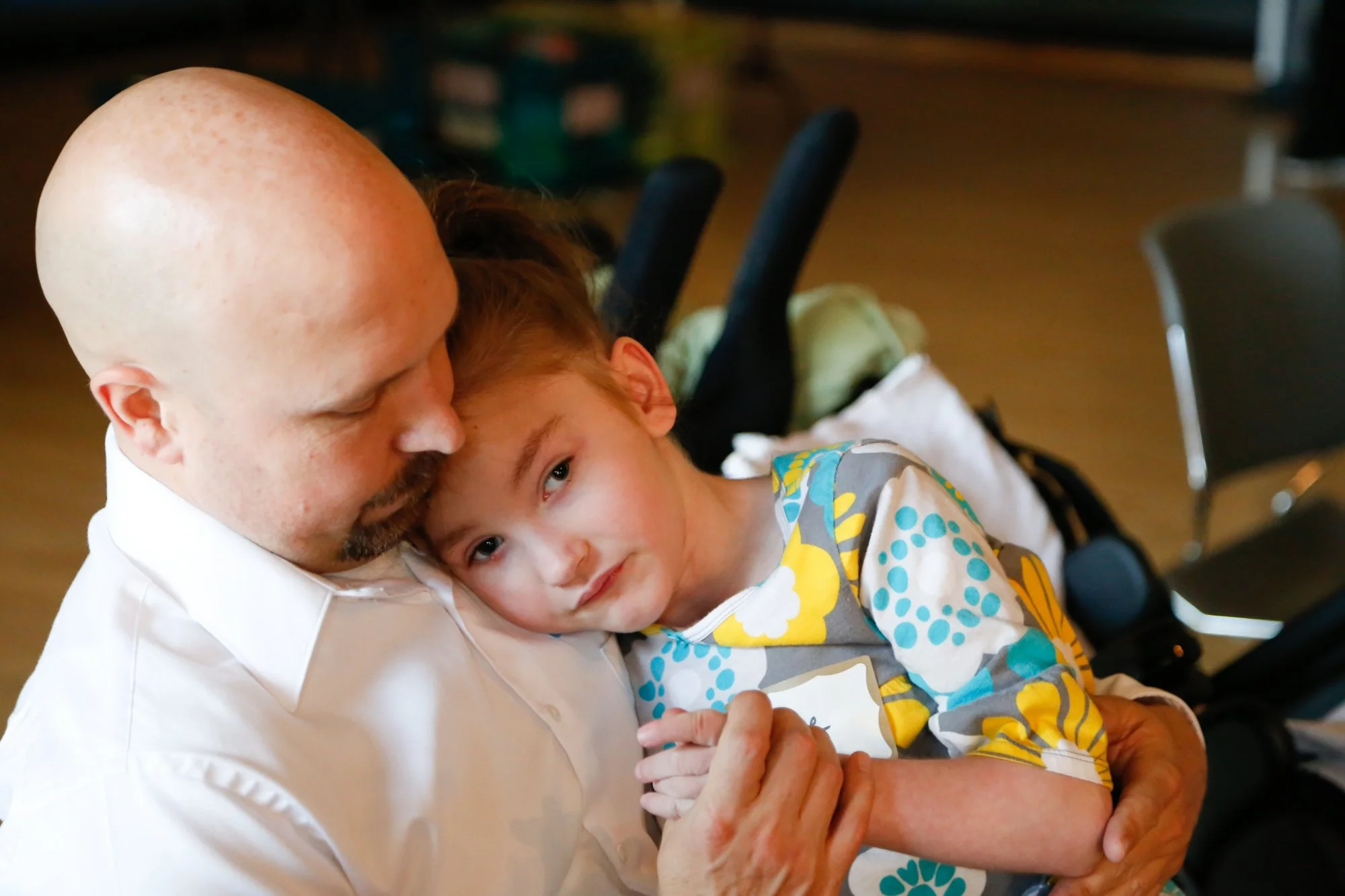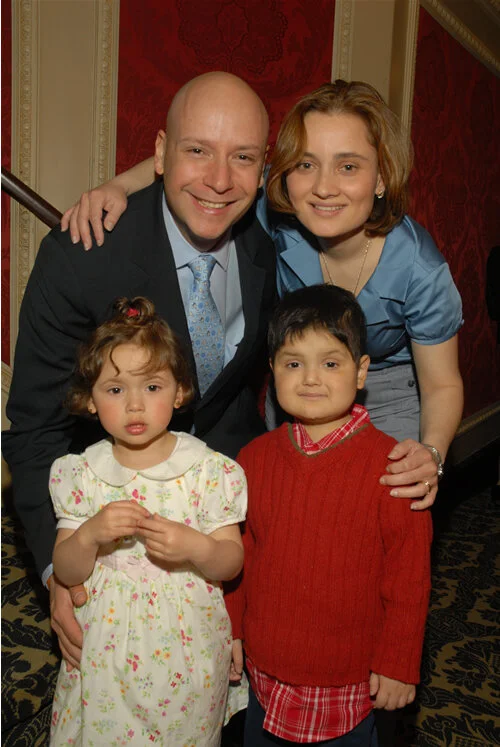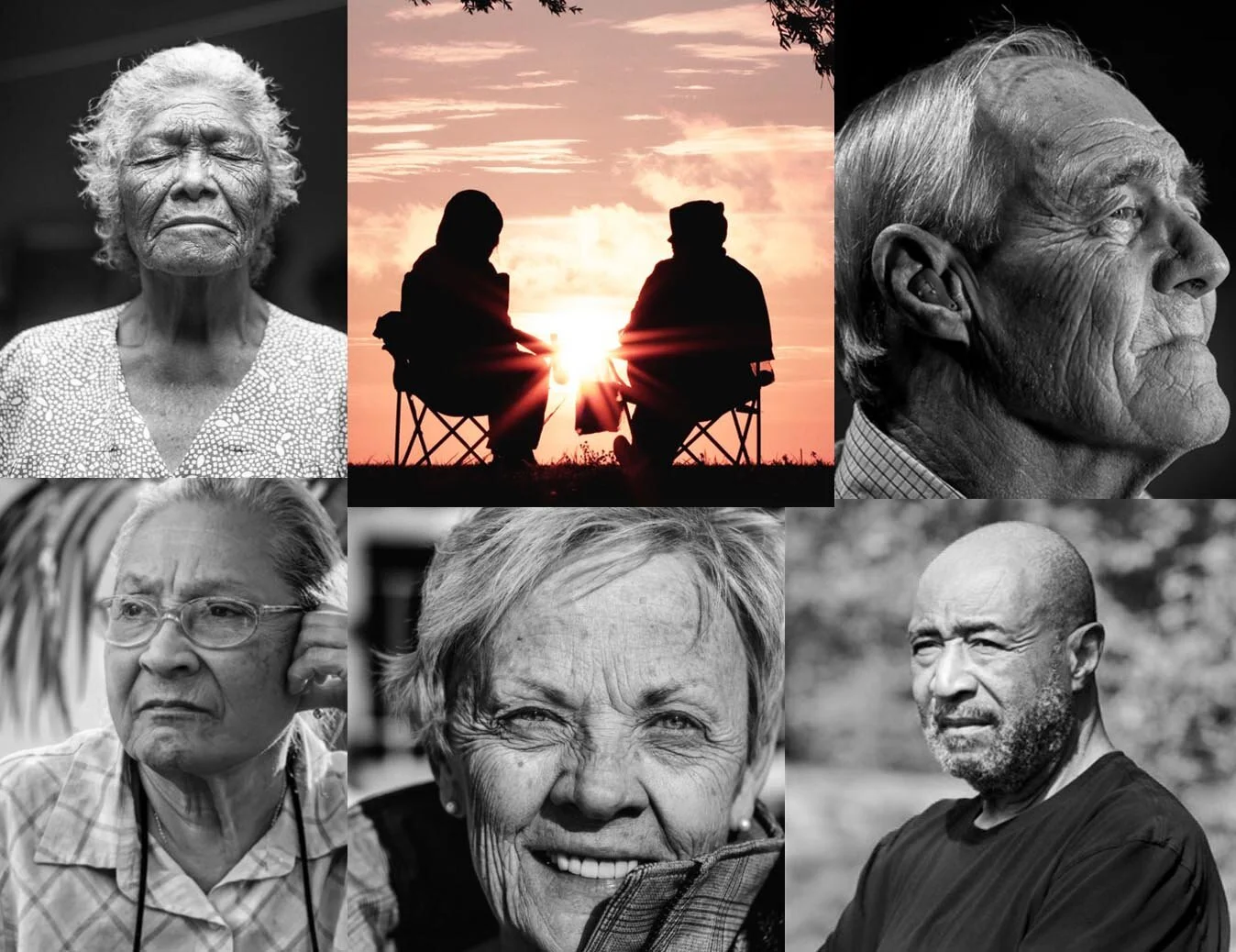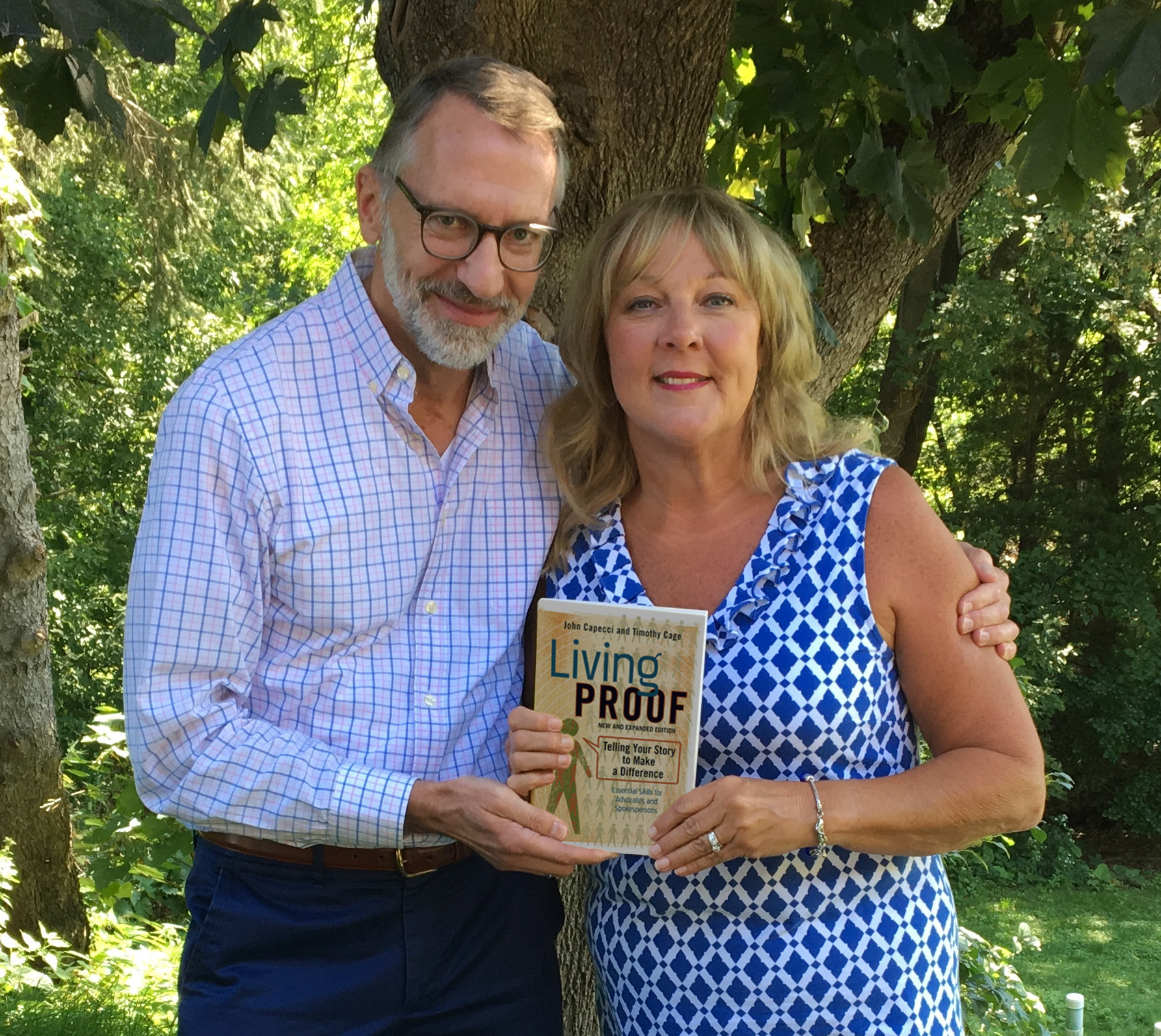In 2006, Bill Butler was preparing for surgery to relieve chronic lower-back pain when he accidentally overdosed on methadone, the opioid his doctor had prescribed.
Bill was preparing for surgery to relieve chronic lower-back pain and had been taking hydrocodone, an opioid medication, for pain relief. But when he developed a tolerance to it, his doctor switched him to methadone, another opioid. Unaware that methadone accumulates and remains in the body for a longer time than hydrocodone, Bill accidentally took a large dose and joined the more than 17,000 Americans who die each year from prescription pain medication overdose.1
Bill left behind a devastated family: his wife, two sons and three siblings, including older brother Rex who is now a vocal advocate for overdose awareness.
TURNING GRIEF TO ADVOCACY: FIGHTING ACCIDENTAL OVERDOSE
Rex recalls, “After Bill’s death, I was consumed with grief and anger. But almost immediately I began noticing at least two articles a week in various publications about methadone overdose deaths. It was mind-blowing. Then, when the National Safety Council launched a program focusing on the epidemic, I knew I could do more than just be collateral damage.”
Though an experienced speaker, Rex had to navigate the fragile space many advocates encounter when moving from private to public storytelling. “My brain told me I was ready to tell my story, but my first and second presentations made it clear that I had work to do. I had difficulty keeping Bill’s memory in a safe place as I spoke to audiences.”
Rex credits the training he received from the National Safety Council’s Survivor Advocacy Program—a training that was grounded in Living Proof Advocacy principles—with helping him focus his story on his advocacy goals: educating others and saving lives. “Now I can share my story without letting emotions control the moment,” says Rex.
AUGUST 31 IS INTERNATIONAL OVERDOSE AWARENESS DAY
The goal of International Overdose Awareness Day is to eradicate the stigma surrounding drug-related deaths and to ensure individuals are aware of the risks surrounding prescription and illegal drugs. By promoting conversation surrounding overdose, survivor advocates like Rex create community for individuals who have been impacted by overdose and drug-related deaths, as well as promote education and action.
Rex feels the impact telling his story is having—an impact felt by others and by Rex himself. He says, “It has been a personal growth experience and one that has enriched my life in ways I never expected. I can see people thinking as they listen to my story. I’ve fielded questions about signs of abuse and misuse. I’ve had someone confess she was convinced her friend was in trouble with addiction based on things I mentioned in my presentation. I embrace these moments, and I see them as belonging to Bill.”
ABOUT NATIONAL SAFETY COUNCIL’S SURVIVOR ADVOCATE NETWORK
The purpose of the Survivor Advocate Network is to provide a face and heart to the strategic initiatives and other priorities of the National Safety Council by working with individual advocates or associations who have missions similarly aligned.
The network allows individuals or organizations the opportunity to connect with one another, share stories, educate communities and influencers, advocate for change, or engage with the media for the common goal of eliminating preventable deaths at work, in homes and communities, and on the road through leadership, research, education and advocacy.
Learn more and join the NSC Survivor Advocate Network
ABOUT INTERNATIONAL OVERDOSE AWARENESS DAY
International Overdose Awareness Day is an opportunity to remember loved ones lost to overdose. Our message is simple – the tragedy of overdose death is preventable and more must be done to save lives. #endoverdose
1 https://www.drugabuse.gov/related-topics/trends-statistics/overdose-death-rates
